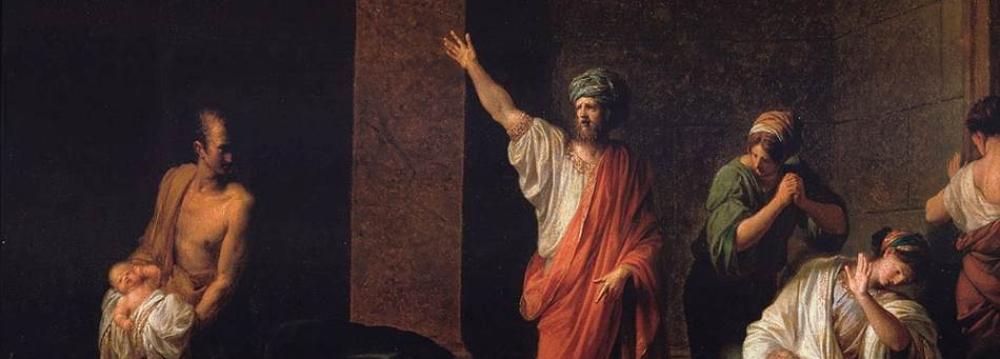Iranian-Armenian composer and orchestra conductor Loris Tjeknavorian released on Saturday the symphonic poem “Cyrus the Great” that took three years to complete. It is available in CD format.
A symphonic poem is a piece of orchestral music, usually in a single continuous movement, which illustrates or evokes the content of a poem, short story, novel, painting, landscape, or other (non-musical) sources.
The music has been performed by the London Symphony Orchestra conducted by Tjeknavorian.
Cyrus the Great symphonic poem is based on historical accounts such as the writings of ancient Greek historians Xenophon of Athens (430-354 BC) and Herodotus of Halicarnassus (484-425), Fars News Agency reported on its Persian website.
The opus tells the story of king Cyrus in three movements and 16 parts. “The symphony owes its existence to years of research in history. With it we’ve tried to pay tribute to our homeland,” Tjeknavorian said.
Elaborating on the symphonic work, Tjeknavorian said it recounts parts of ancient events and incidents in Iran from the view point of Cyrus. “I hope the work will help the world know Cyrus for the great character he was…I had been thinking about composing the symphony for a long time. Finally after three years of work, I completed the composition.”
Among the parts included in the symphony are Flood and Vine; First Dream of Astyages: Rain; Marriage of Mandane and Cambyses, the Wise Father of Cyrus; Birth and Disappearance of Cyrus, Mandane’s Sorrow; Astyages’ Rage and Punishment of Harpagus; and the Battle of Pasargadae.
The account given by Herodotus relates that Astyages, the Last Median king, had a dream in which his daughter, Mandane, gave birth to a son who would destroy his empire. Fearful of the dream’s prophecy, Astyages married her off to Cambyses I of Anshan (southwestern part of modern Iran), who had a reputation for being a “quiet and thoughtful prince” and who Astyages believed to be no threat. When a second dream warned Astyages of the dangers of Mandane’s offspring, Astyages sent his general Harpagus to kill the child Cyrus.
But Harpagus secretly gave Cyrus to Mithridates, a herdsman whose wife had just given birth to a stillborn child. Cyrus was raised as Mithridates’ own son, and Harpagus presented the stillborn child to Astyages as the dead Cyrus.
When Cyrus was found alive at age 10, Astyages spared the boy on the advice of the Median Magi (royal dream-interpreters and advisors), returning him to his parents in Anshan. Harpagus, however, did not escape punishment, as Astyages is said to have fed him his own son at a banquet.
Cyrus succeeded his father in 559 BC, and in 553, on the advice of Harpagus, who was eager for revenge for being given the “abominable supper,” Cyrus rebelled against Astyages. After three years of fighting, Astyages’ troops mutinied during the battle of Pasargadae, and Cyrus conquered the Median empire.
Other parts of the symphonic poem follow the victory of Cyrus: Cyrus, the King of Kings; Norouz, the Day of New Year: Assembly of Noblemen; Royal Wedding; Battle of Thymbra; and Cyrus Charter of Human Rights.
Born in Borujerd, Lorestan Province, Tjeknavorian, 81, is one of the leading conductors of his generation. He has led international orchestras in Austria, the UK, US, Canada, Hungary, Finland, Armenia, Thailand, Hong Kong, South Africa and Denmark.
As a composer Tjeknavorian has written several operas, symphonies, choral works, chamber music, ballet music, piano and vocal works, concerti for piano, violin, guitar, cello and pipa (Chinese lute), as well as music for documentary and feature films.


